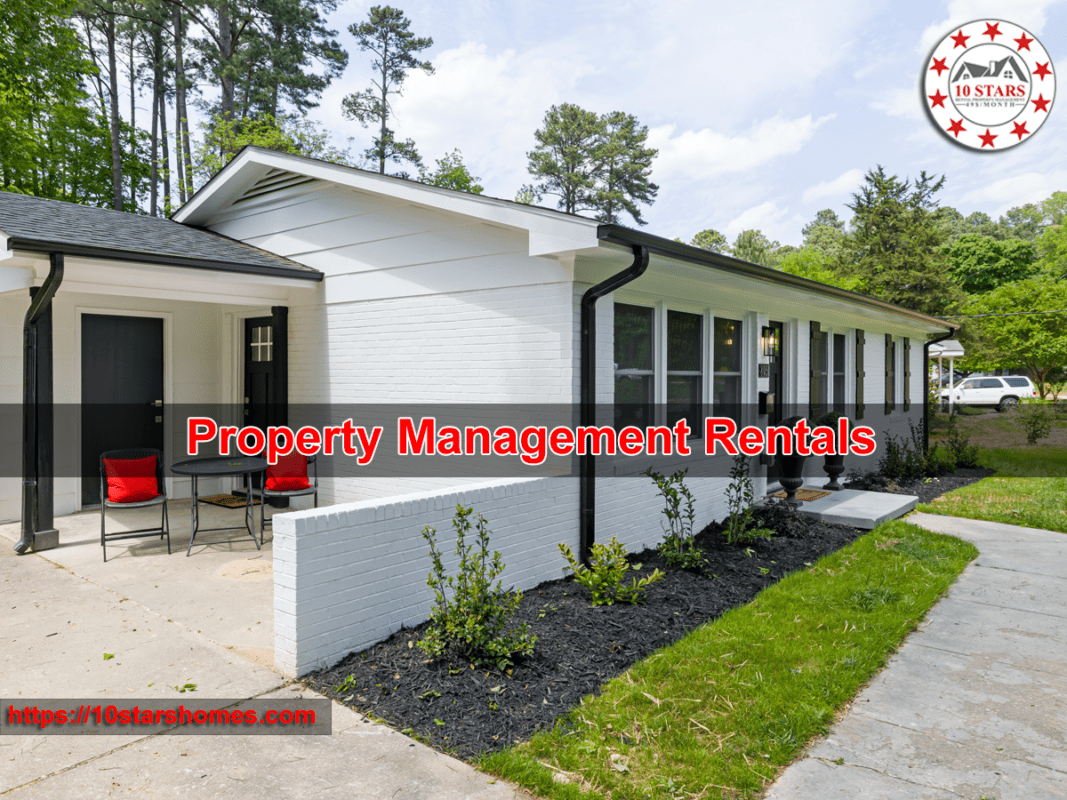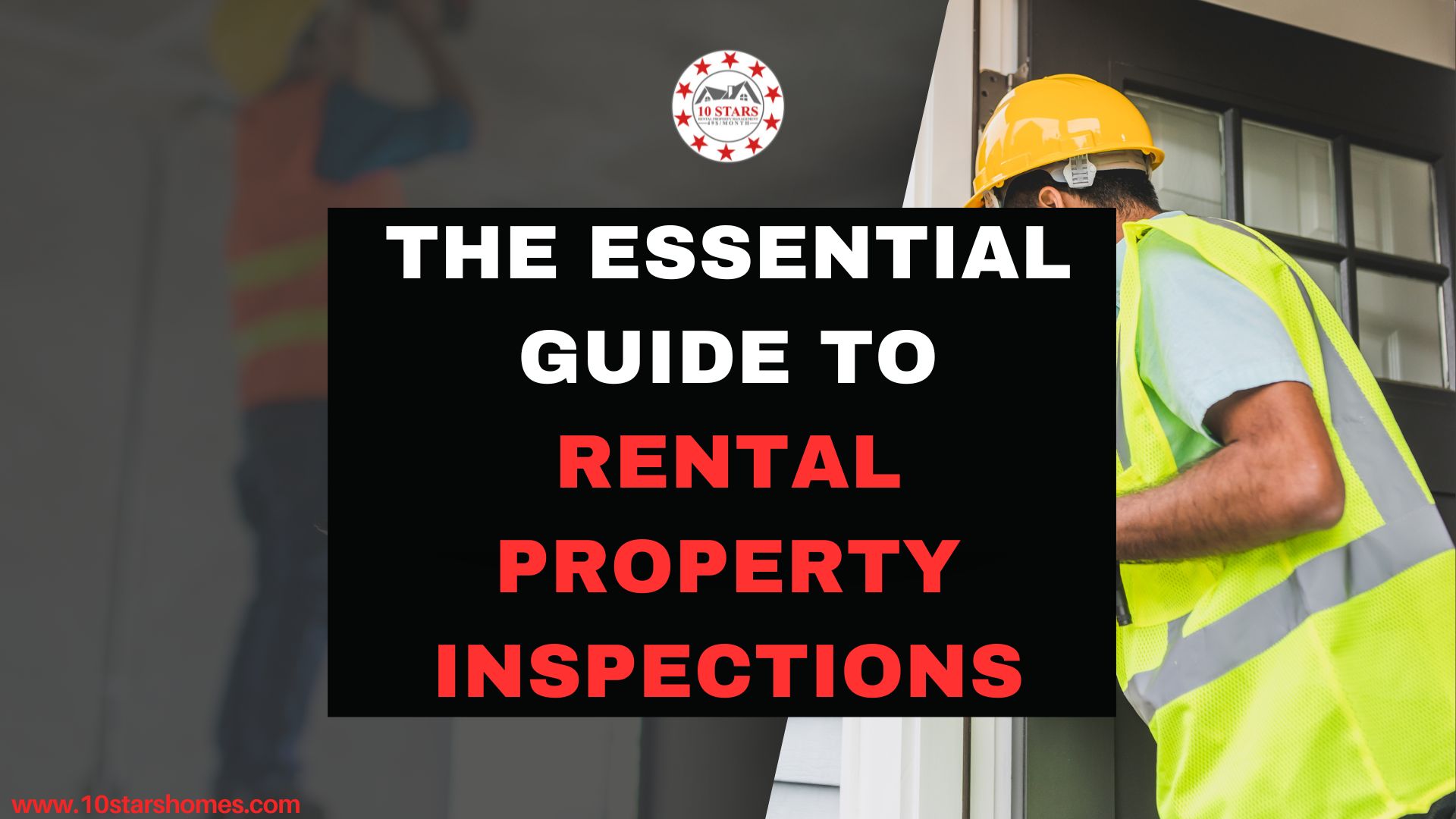Property management is a complex and multi-faceted industry that involves the oversight and maintenance of rental properties. This can include everything from finding and screening tenants, to collecting rent and dealing with maintenance issues. For landlords and property owners, property management can be a valuable tool for maximizing profits and minimizing the time and energy they have to spend on the day-to-day management of their properties.
One of the most important aspects of property management is the process of finding and screening tenants. This can involve advertising the rental property, showing the property to prospective tenants, and conducting background and credit checks on potential renters. The goal of this process is to find responsible, reliable tenants who will take good care of the property and pay their rent on time.
In addition to finding and screening tenants, property managers also handle the collection of rent. This can include setting up automatic rent payments, collecting rent in person or by mail, and dealing with any issues that may arise when tenants are late or delinquent on their rent. In some cases, property managers may also be responsible for evictions, though this process will be varying based on the local laws.
Another important aspect of property management is dealing with maintenance issues. This can include everything from scheduling regular maintenance and repairs, to dealing with emergency repairs and responding to tenant complaints. Property managers need to have a good understanding of local building codes and regulations, as well as the ability to identify and resolve common maintenance issues. They will also be responsible for establishing and maintaining relationships with vendors and contractors.
One of the key benefits of property management is that it can save landlords and property owners a significant amount of time and energy. Instead of having to deal with the day-to-day management of their properties, landlords can entrust this responsibility to a property manager and focus on other aspects of their business or personal life. This can also be a cost-effective way for landlords to ensure that their properties are well-maintained and that their tenants are taken care of, which can help to minimize the risk of vacancies and ensure that the properties continue to generate income.
Another benefit of property management is that it can help landlords to maximize their profits. By having a property manager take care of the day-to-day management of the properties, landlords can ensure that the rent is collected on time and that the properties are being well-maintained. This can help to reduce the risk of vacancies and increase the value of the properties over time. Additionally, property management companies often have connections and resources that landlords might not otherwise have access to, such as tools and software that can help them to streamline and optimize their operations.
Overall, property management is an essential service that can benefit landlords and property owners in a variety of ways. By providing a wide range of services such as finding and screening tenants, collecting rent, and dealing with maintenance issues, property managers can help landlords to save time and energy, while also maximizing their profits and minimizing the risk of vacancies. If you are considering becoming a landlord or property owner, it’s definitely worth exploring the option of property management to help you achieve your goals.





